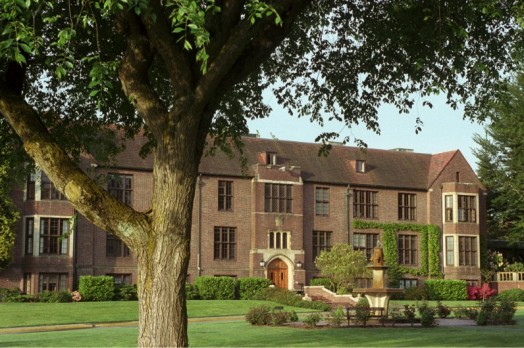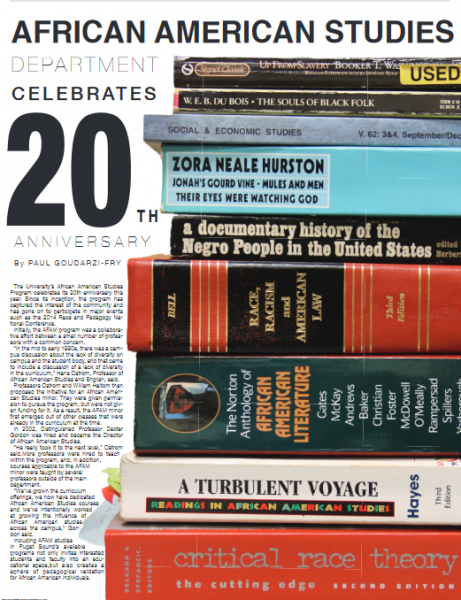By Monica Schweitz, Class of 2020

I want to take this space to publicly acknowledge and thank the African American Studies faculty for their remarkable understanding and compassion during this time. The coronavirus outbreak has been a difficult and even traumatic event for all of us in different ways, but my professors in the African American Studies department have acted as a lifeline for me. As a senior student athlete, the weeks following the cancelation of my last season were extremely confusing and distressing. I logged on to online classes trying to maintain a demeanor of optimism, but my professors in the AFAM department immediately knew that this was a façade. Once I admitted to my professors that I was not ok, I was met with an unprecedented level of personal support, empathy, and kindness. I would specifically like to recognize Dr. Brackett and Dr. Livingston for the mentorship roles they played in my final weeks of college. Though we communicated only online, the sense of connection I felt through these interactions was invaluable for my mental health and my ability to finish undergrad in a way I could be proud of, even under these circumstances.
As Dr. Livingston reminds us, living and learning are inextricably linked. My AFAM classes were among the small number of spaces that succeeded in striking the delicate balance between ignoring the significant sadness of this time and wallowing in it. My AFAM professors encouraged the recognition of this period of mental mourning through its incorporation into the learning process. One example of this is Dr. Brackett’s Public Scholarship class (AFAM 399), which afforded me the opportunity to write a reflective article for The Public on my experience as a Logger athlete, something that I didn’t know needed to be written until it was done. Completing this assignment was not only therapeutic for me, it reinforced the values of the class: sharing knowledge publicly as a means of impacting the social landscape.
Furthermore, my interactions with my AFAM professors were characterized by a distinct honesty and openness and a refreshing absence of fake, flippant optimism. My professors made no attempts to dismiss reality while simultaneously modeling and exuding real fortitude and hope. By bringing their real, honest selves into the classroom, they let us know it was ok to do the same. Of course, the professional relationship of professor/student was still there, but so too was a distinct recognition of mutual humanity, something that literally everyone on earth needs right now.

There is no guidebook for being a professor during a global pandemic. I believe that the extraordinary level of understanding I received from my professors in the AFAM department can be accounted for both by the characters of the individual professors themselves as well as the field of African American Studies being one in which empathy is not just encouraged but fundamentally crucial. That is one of the many reasons I am continuously grateful and proud to have majored in African American Studies at the University of Puget Sound.

